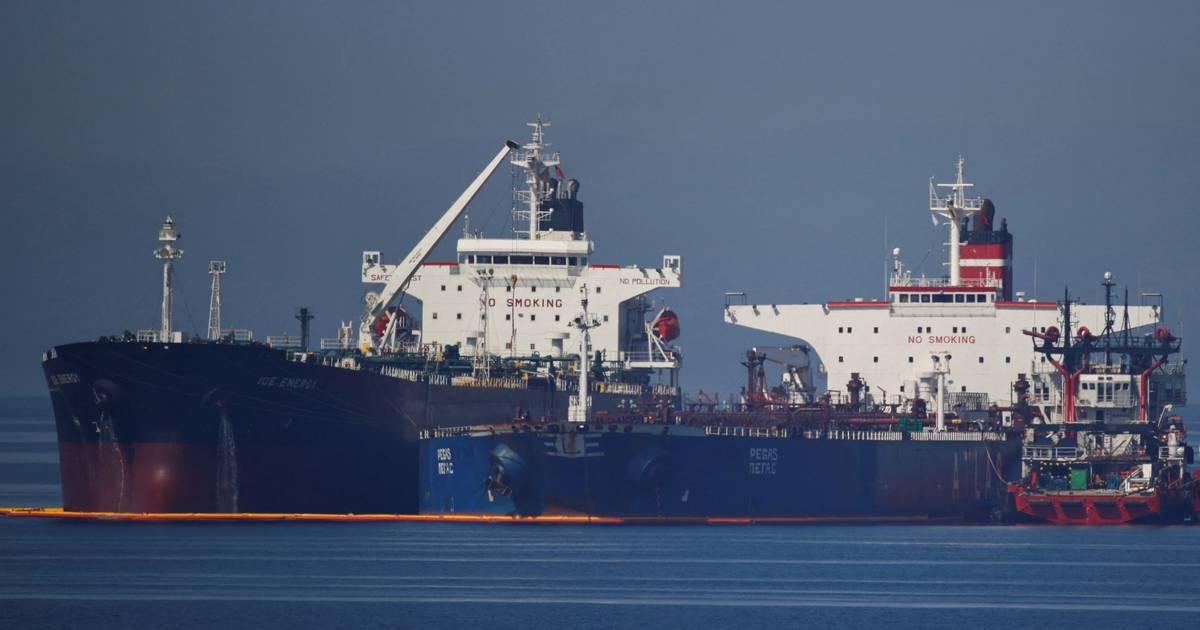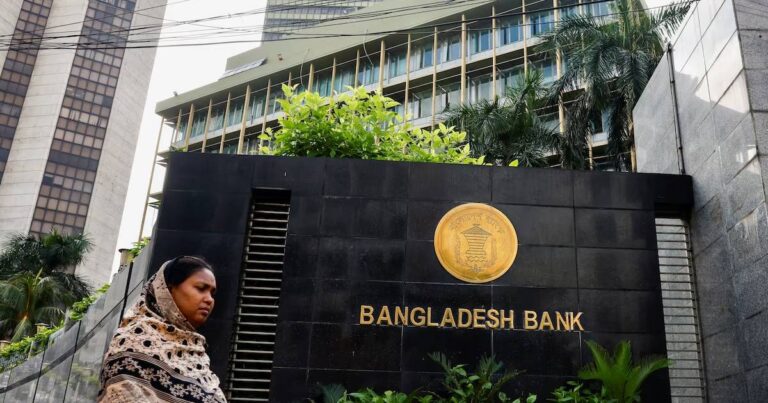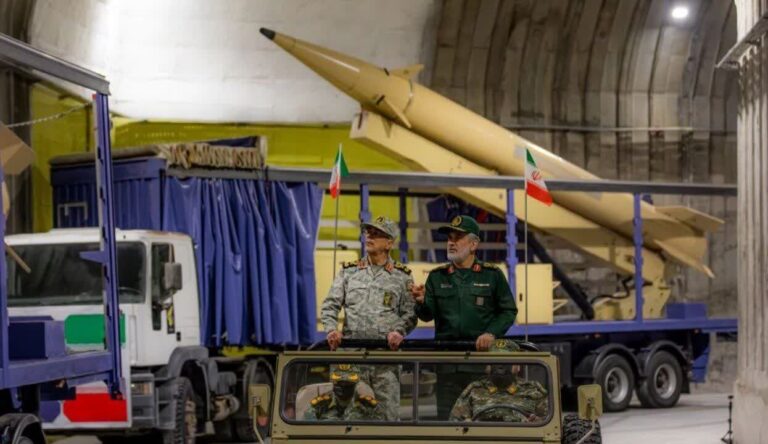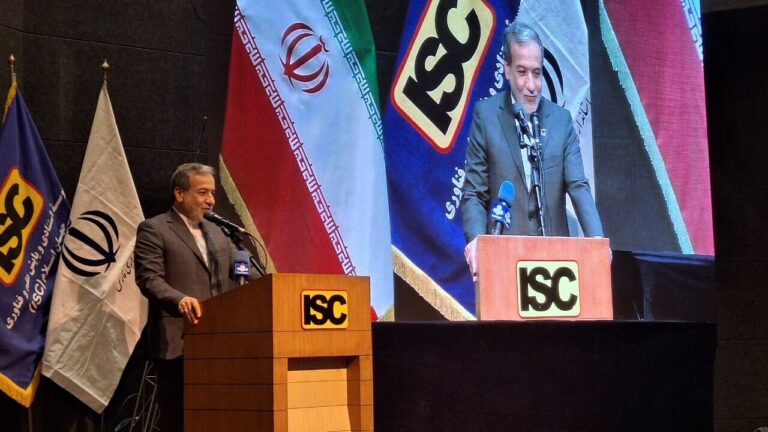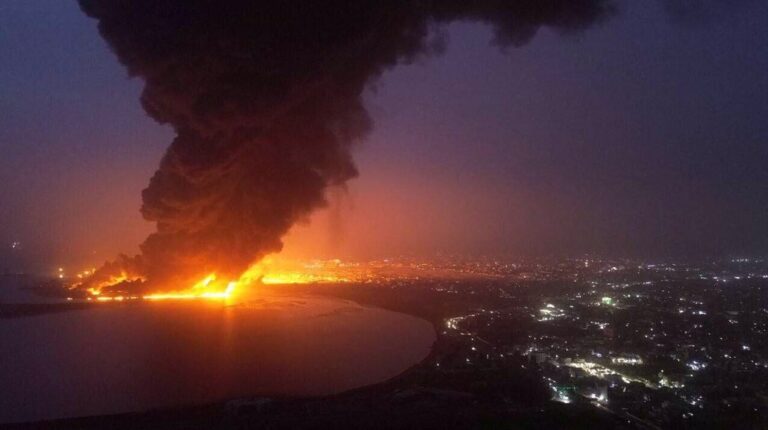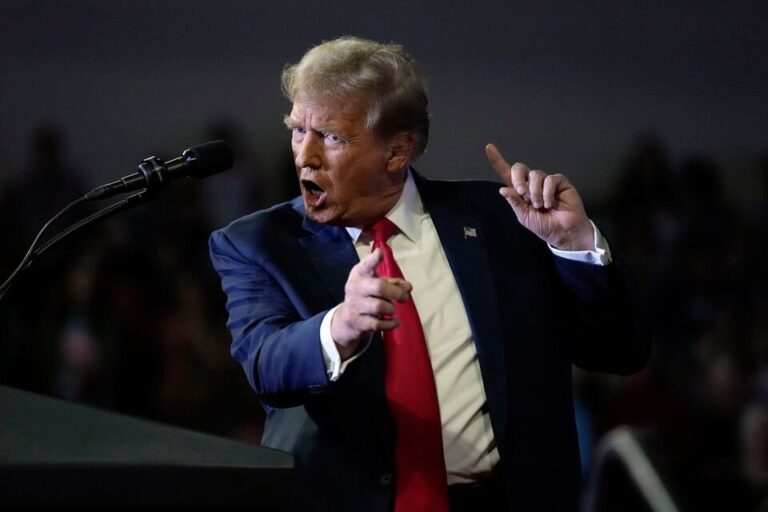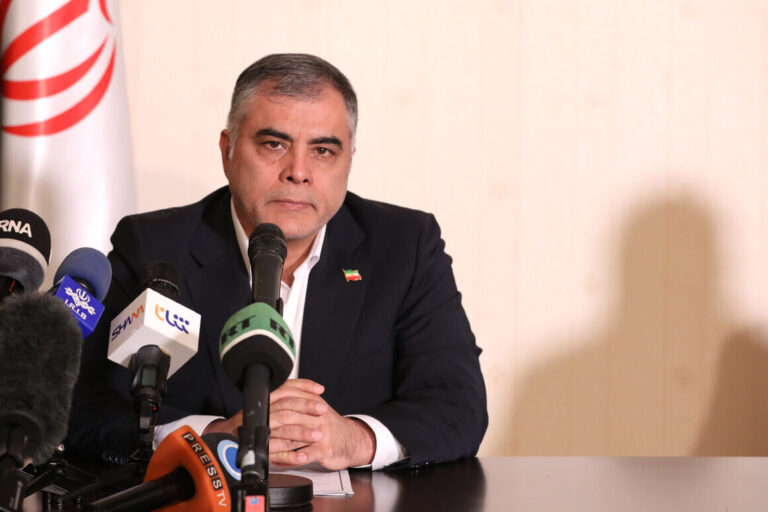US Moves to Seize $47 Million in Iranian Oil Profits Tied to IRGC Activities
The US Justice Department has recently initiated a civil forfeiture complaint aimed at seizing a staggering $47 million derived from the sale of nearly one million barrels of Iranian oil. This action is grounded in allegations that these funds have financially benefited the Islamic Revolutionary Guard Corps (IRGC) and its Qods Force, both of which are designated as terrorist organizations.
Filed in the US District Court for the District of Columbia, the complaint details an alleged scheme that unfolded between 2022 and 2024, involving the illicit shipping, storage, and sale of Iranian oil purportedly for the benefit of the IRGC and its Qods Force. The Justice Department has outlined several key points regarding this operation:
- The facilitators reportedly employed deceptive tactics to disguise the oil’s Iranian origin, misleadingly labeling it as Malaysian.
- Manipulation of the tanker’s Automatic Identification System (AIS) was allegedly used to hide that the oil was loaded from an Iranian port.
- Falsified documents were presented to a storage and port facility in Croatia, falsely claiming the oil originated from Malaysia.
- Storage fees in Croatia were allegedly paid in US dollars through American financial institutions, which might have rejected these transactions had they been aware of the oil’s Iranian ties.
Ultimately, the petroleum product was sold in 2024, leading to the current seizure of the $47 million in proceeds that are now the focus of the forfeiture complaint. Additionally, the Justice Department asserts that the petroleum in question is the property of the National Iranian Oil Company (NIOC), which is accused of facilitating a federal crime of terrorism by providing material support to the IRGC and IRGC-QF.
The complaint further alleges that profits from such sales are funneled into the IRGC’s “full range of malign activities.” These activities include:
- The proliferation of weapons of mass destruction and their delivery systems.
- Support for terrorism.
- Human rights abuses, both within Iran and internationally.
In a significant note, the Justice Department highlighted that funds successfully forfeited that are linked to a state sponsor of terrorism could potentially be allocated, in whole or in part, to the US Victims of State Sponsored Terrorism Fund. This underscores the government’s commitment to addressing the financial mechanisms that support terrorism.
The ongoing investigation is being conducted by the FBI’s Minneapolis Field Office and Homeland Security Investigations in New York, with the litigation being managed by Assistant US Attorneys as well as a Trial Attorney from the National Security Division. It’s important to note that the Justice Department has stressed that a civil forfeiture complaint represents merely an allegation, placing the burden of proof on the government to establish forfeitability in this civil proceeding.
This action follows the directives of former US President Donald Trump, who reinstated the so-called maximum pressure policy on Iran during his first term. The policy aimed to drive the Islamic Republic’s oil exports down to zero, a critical strategy given that oil constitutes approximately 15% of Iran’s GDP and at least half of the government’s budget. With around a third of the country’s 25 million workers employed in the oil sector, it is clear that this industry is vital for Iran’s economic stability.
Under the Biden administration, however, Iran’s oil revenues have reportedly surged due to lax sanctions enforcement. In response to this trend, Trump has vowed to reinstate measures to bring Iran’s oil exports to zero if the country fails to curtail its nuclear program.
As this situation continues to evolve, the implications of the Justice Department’s complaint and the broader geopolitical dynamics surrounding Iran’s oil exports remain critical areas of focus for policymakers and industry analysts alike. The intersection of oil, terrorism, and international relations presents a complex challenge that will require ongoing scrutiny and action.
